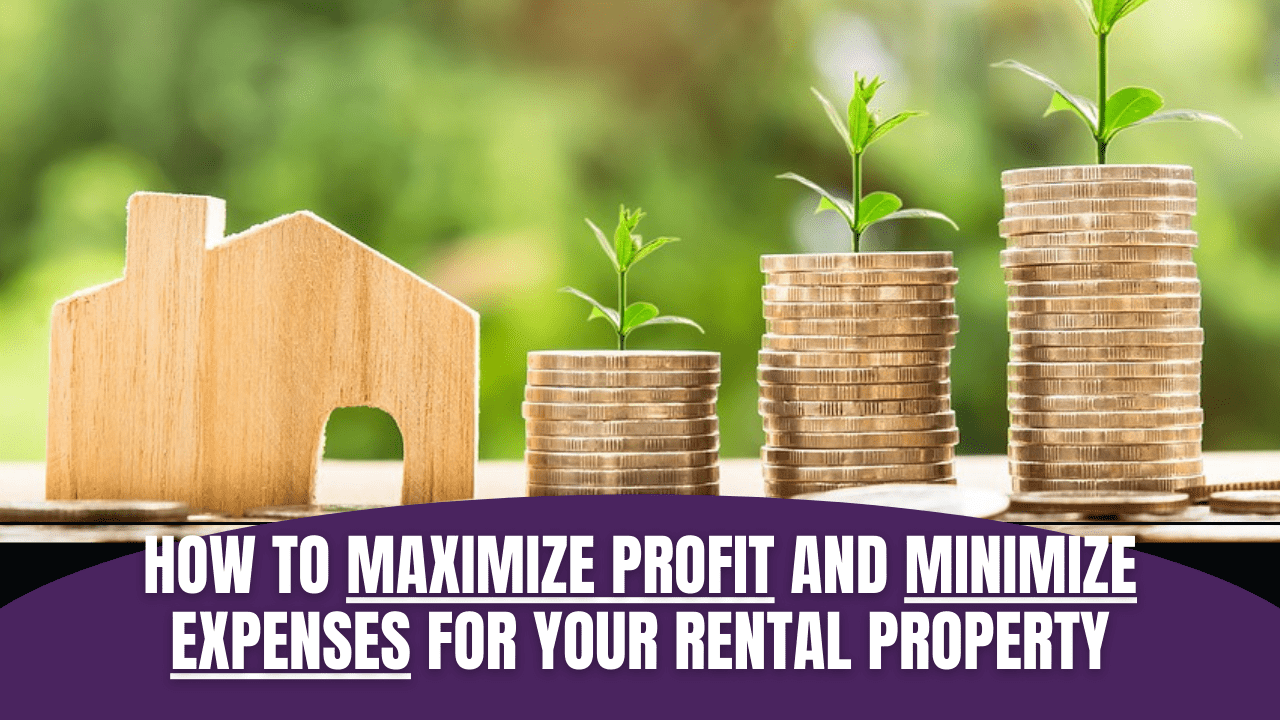
When it comes to effectively leasing, managing, and maintaining your South Jersey rental property, your goal is always going to be to maximize your profits and minimize your expenses. There are several different ways you can do this, and we’re sharing some tips with you today.
Preventative and Proactive New Jersey Rental Property Maintenance
Proactive and preventative maintenance will always help you earn more and spend less.
This is exactly what it sounds like. You want to immediately and quickly handle any type of regular maintenance that will fend off bigger repair issues coming down the road. Avoid deferred work. Inspect and service your HVAC routinely. This means paying attention to your air conditioner, furnace, and duct work in the house. Clean out your dryer and your chimney.
Any ventilation maintenance that you can get done ahead of time will cut down on calls coming in from tenants later on. It will also cut down on what you pay in your long term maintenance budget.
Another preventative step is regular pest control. Make sure you are staying up to date on treatment for termites, ants, roaches, and any other intrusions. This will keep your property clean and well-maintained and it will also reduce tenant turnover and future maintenance requests.
Hold Tenants Accountable for Their Costs
The next way to save money is by passing on certain responsibilities and costs to your tenants.
Utility usage is a big part of this. Tenants will likely set up their own accounts for gas, electric, cable television, and internet. Some of the other utility accounts that most landlords might think they can’t pass along to a resident could be water, sewer, and trash removal. Some municipalities won’t let tenants turn on accounts in their own names; the bill is sent to the owner directly. But, you can charge tenants for these costs as long as you’re transparent.
You can pass on monthly or quarterly water bills when your residents know they will be expected to pay them. Let them see the bill and the charges that they accrued. If you’re renting out a multi-family property and all your units are on the same water meter, you can divide the monthly or quarterly costs between your tenants. Or, charge the larger property a bit more and the smaller property a bit less. Your lease agreement should, in this case, reflect that there’s a flat fee for water and sewer.
Landscaping Costs Can be a Tenant’s Responsibility
If you are renting out a single-family home, pass that landscaping responsibility onto the residents. When you have specific standards for how the lawn looks, hire a professional landscaper. There will be a cost associated with hiring a professional, but you can include that cost in the rental amount. This is usually worth the cost because you don’t want neighbors complaining about the state of your lawn, and you don’t want your municipality sending you a summons.
Including the Cost of Trash Removal
Many municipalities have a flat fee charge for trash removal, especially with single-family homes. With a multi-family property, you’re looking at a bit of a difference. Any properties that are more than one unit will likely have a trash receptacle like a dumpster on-site. In this case, a company will come to pick up the trash, and they’ll charge you on a weekly or monthly basis.
Make sure you know what you’ll be charged and how you’ll charge your tenants for their use of trash. Everyone needs to be aware of their responsibilities and expectations.
Annual Rent Increases in South Jersey
 Costs such as mortgage, taxes, and insurance can go up at any time for you as the landlord. If there are going to be annual rent increases that go along with a lease renewal, tenants can get a little annoyed by that. They might state that they have been a great tenant and were hoping the rent would stay the same.
Costs such as mortgage, taxes, and insurance can go up at any time for you as the landlord. If there are going to be annual rent increases that go along with a lease renewal, tenants can get a little annoyed by that. They might state that they have been a great tenant and were hoping the rent would stay the same.
You want to make sure that when you’re increasing someone’s rent, you can justify it with some supporting information. If your resident is paying $2,000 a month and the rent is raised to $2,500 at renewal time, you could have a hard time explaining the huge jump. A nominal increase of between three and five percent is usually accepted by tenants, and you can always explain that taxes are going up or your insurance is a little more this year. Asking tenants to share in that cost is not unreasonable.
These are great ways to maximize your earning potential. If you need help saving money and earning more, please contact us at Realty Solutions. We’d be happy to offer some help with professional New Jersey property management.
